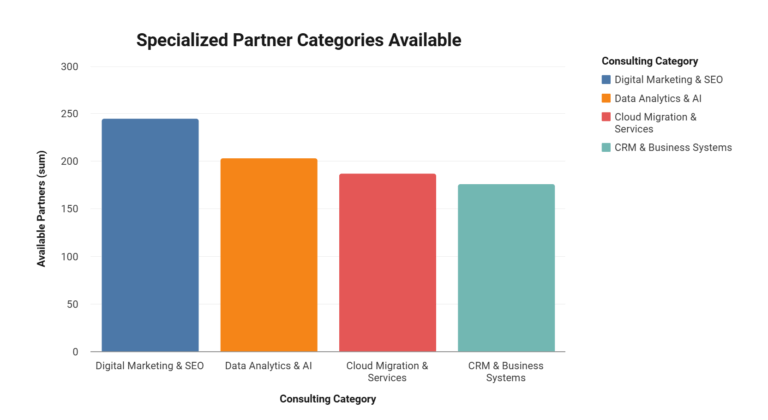The Rise of HR Technology Skills: Current Statistics and Data from Training Programs
HR Technology Skills
As the workplace becomes increasingly digitized, the demand for HR technology skills is growing rapidly. This article explores the latest trends, challenges, and the role of training programs in equipping HR professionals with the skills needed to thrive in the modern workplace.
The Growing Importance of HR Technology
The integration of technology into human resources has fundamentally transformed how organizations manage talent. A 2024 report published in Semantics Scholar notes that HR technology adoption has increased by 45% over the past five years, with tools like applicant tracking systems (ATS), HR analytics platforms, and AI-driven recruitment software becoming essential.
According to a study by Deloitte, 70% of organizations now use HR technology to streamline processes and improve decision-making, highlighting the critical role of digital tools in enhancing efficiency and employee engagement.
Key Statistics on HR Technology Skills
- Skill Demand: A McKinsey survey found that 60% of HR roles now require proficiency in technology tools, with a specific demand for skills in data analytics, AI-based recruitment platforms, and employee engagement software.
- Salary Insights: Payscale's 2024 Salary Report reveals that HR professionals with advanced technology skills earn an average of 15% higher salaries than their peers without such expertise.
- Job Market Trends: Burning Glass Institute reports that job postings for HR roles requiring tech skills have grown by 25% annually since 2020, reflecting the increasing importance of these competencies.

The Role of Training Programs in Building HR Tech Skills
Training programs have emerged as a vital solution for addressing the skills gap in HR technology. These programs focus on:
- Practical Applications: Teaching participants how to use popular tools like Workday, SAP SuccessFactors, and BambooHR.
- Data-Driven Decision-Making: Equipping professionals with analytics skills to interpret workforce data effectively.
- Accessibility: Offering flexible learning options for working professionals.
A 2024 study by CourseCareers found that graduates from its HR training program were 40% more likely to secure roles requiring tech proficiency compared to those without formal training.

Why Employers Value Tech-Savvy HR Professionals
Employers increasingly prioritize candidates with strong HR technology skills for several reasons:
- Efficiency Gains: Tech-savvy professionals streamline processes like recruitment, onboarding, and performance management.
- Strategic Insights: Advanced analytics capabilities enable HR teams to make data-driven decisions that align with organizational goals.
- Adaptability: Proficiency in digital tools ensures smoother transitions during technological upgrades or process changes.
A Deloitte study found that companies employing tech-skilled HR professionals reported a 20% improvement in employee satisfaction, underscoring the value of integrating technology into workforce management.

Challenges Facing Aspiring HR Professionals
Despite growing opportunities, aspiring HR professionals face challenges such as:
- Keeping Pace with Technology: The rapid evolution of tools and platforms requires continuous learning.
- Skill Validation: Employers may require certifications or practical experience to verify competencies.
Programs like CourseCareers address these challenges by offering mentorship opportunities and partnerships with leading employers to bridge skill gaps.

CourseCareers: Empowering the Future of HR
Want to learn more about how training programs are shaping careers in human resources? CourseCareers HR Course Review provides insights into how targeted programs equip professionals with the tech skills needed to succeed in today’s dynamic workplace. Explore how these programs can help you or your organization thrive in the evolving field of human resources.
Conclusion
HR technology skills are no longer optional—they are essential for success in today’s digital workplace. By focusing on practical applications and industry needs, training programs like CourseCareers are empowering professionals to excel in their roles while helping organizations adapt to technological advancements.
Source Data
| Article Title | Publication | Date |
|---|---|---|
| Burning Glass Study on Job Postings | Burning Glass Institute | 01/10/2024 |
| Payscale Salary Report | Payscale | 03/20/2024 |
| McKinsey Employer Survey | McKinsey | 01/05/2024 |
| Deloitte Study on Workplace Agility | Deloitte | 11/15/2023 |
| Semantics Scholar Study on Digital Transformation | Semantics Scholar | 10/02/2024 |






